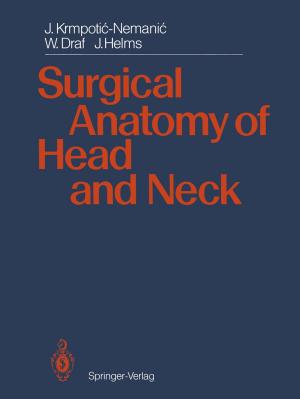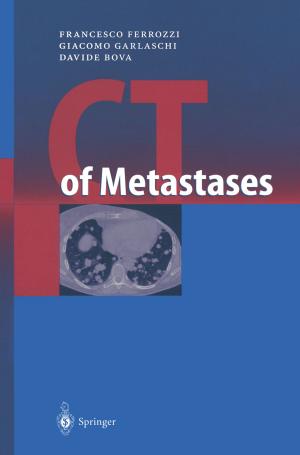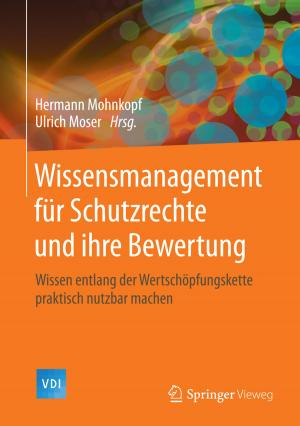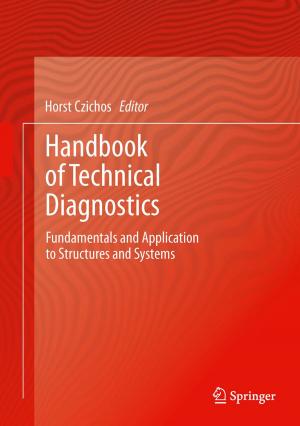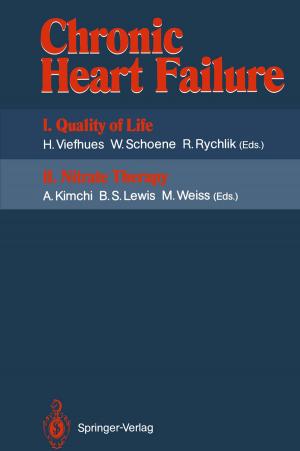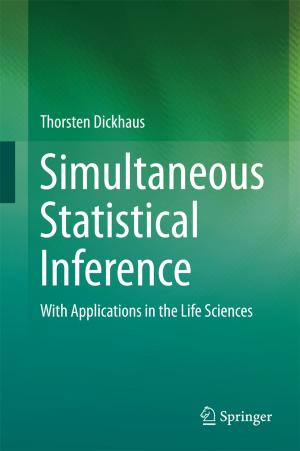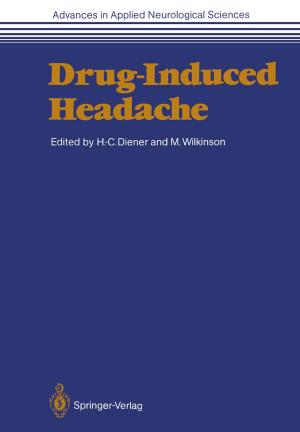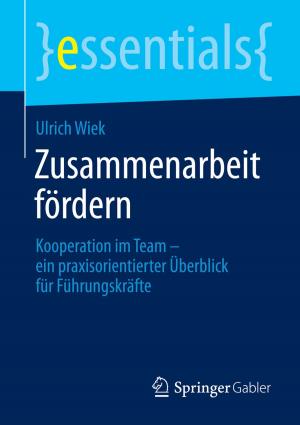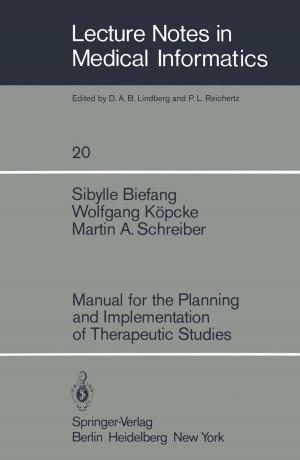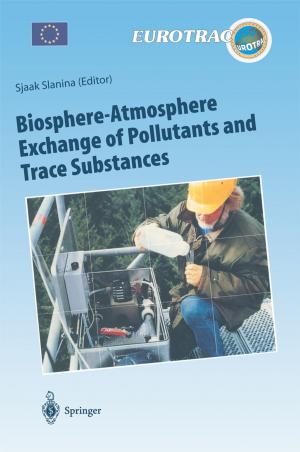The United Nations Convention on Contracts for the International Carriage of Goods Wholly or Partly by Sea
An Appraisal of the "Rotterdam Rules"
Nonfiction, Reference & Language, Law, International, Business & Finance, Economics, International Economics| Author: | ISBN: | 9783642196508 | |
| Publisher: | Springer Berlin Heidelberg | Publication: | August 8, 2011 |
| Imprint: | Springer | Language: | English |
| Author: | |
| ISBN: | 9783642196508 |
| Publisher: | Springer Berlin Heidelberg |
| Publication: | August 8, 2011 |
| Imprint: | Springer |
| Language: | English |
The international carriage of goods by sea has been regulated by international conventions. These include the “International Convention for the Unification of Certain Rules of Law relating to Bills of Lading” (“Hague Rules”); the “Protocol to Amend the International Convention for the Unification of Certain Rules of Law Relating to Bills of Lading” (“Visby Rules”); and the “UN Convention on the Carriage of Goods by Sea." They were adopted in 1924, 1968 and 1978 respectively and the transport industry's commercial needs have since substantially changed. Furthermore the advent of subsequent regimes has resulted in the uniformity in the carriage of goods by sea once provided by the Hague Rules being lost. In order to update and modernize existing regimes the “UN Convention on Contracts for the International Carriage of Goods Wholly or Partly by Sea” (“Rotterdam Rules”) was adopted on December 11, 2008 by the UN General Assembly and opened for signature on September 23, 2009. Since then drafters of the Rotterdam Rules, academics and practitioners have been publicizing, discussing, and evaluating the Rules. This book is an effort to further explore those same goals.
The international carriage of goods by sea has been regulated by international conventions. These include the “International Convention for the Unification of Certain Rules of Law relating to Bills of Lading” (“Hague Rules”); the “Protocol to Amend the International Convention for the Unification of Certain Rules of Law Relating to Bills of Lading” (“Visby Rules”); and the “UN Convention on the Carriage of Goods by Sea." They were adopted in 1924, 1968 and 1978 respectively and the transport industry's commercial needs have since substantially changed. Furthermore the advent of subsequent regimes has resulted in the uniformity in the carriage of goods by sea once provided by the Hague Rules being lost. In order to update and modernize existing regimes the “UN Convention on Contracts for the International Carriage of Goods Wholly or Partly by Sea” (“Rotterdam Rules”) was adopted on December 11, 2008 by the UN General Assembly and opened for signature on September 23, 2009. Since then drafters of the Rotterdam Rules, academics and practitioners have been publicizing, discussing, and evaluating the Rules. This book is an effort to further explore those same goals.

